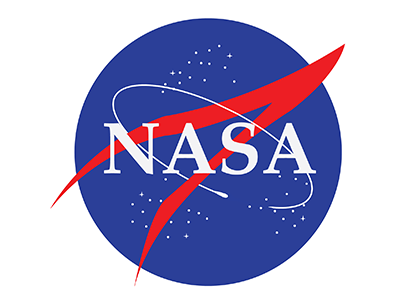Dear NASA PIs – We wanted to bring an important topic to your attention: the NASA EOS era is coming to a close.
Terra and Aqua are aging spacecrafts, and while they are still collecting valuable data and producing critical products, the number of spacecraft anomalies is increasing, especially over the past year. The missions are also increasingly expensive to operate (~90 mil/yr; spacecraft operations; product team support); this is starting to cut into the execution of the future ESO missions, as directed to NASA for implementation by the 2017 NASEM Decadal Survey.
Thus, NASA HQ has been discussing when Phase F for Terra, Aura, and Aqua will start, which is their end of life. The current discussions put end of missions likely in 2023. Data collection is being anticipated to stop in the summer of 2023, and missions will likely not participate in the next senior review. This means there would not be an overlap between MODIS and PACE.
The SNPP and JPSS satellites are being looked to for continuity products, though it is not clear how long NOAA intends to operate SNPP; NASA will continue to support them until their end of mission, and the collaboration with future JPSS missions will continue.
We know the Earth observations and data products from MODIS are critical to our community, and we are working to ensure we continue to have stable data products between sensors on Terra, Aqua, SNPP, and JPSS platforms, so that continuity is not interrupted. However, it is critical that we know of issues that you as the community see with the end of MODIS. There may be room for discussion on which data products need to be continued/maintained during KDP-F. We ask that you please let us know your thoughts/concerns regarding the retirement of MODIS in 2023.
Please write directly to Joel/myself with your thoughts/concerns on MODIS datatermination in 2023. We want to make sure we understand all the impacts that the end of Terra and Aqua will have on our community in order to share these with our leadership.
Thank you,
Laura and Joel
Laura Lorenzoni, NASA – laura.lorenzoni@nasa.gov
Joel Scott, NASA – joel.scott@nasa.gov





